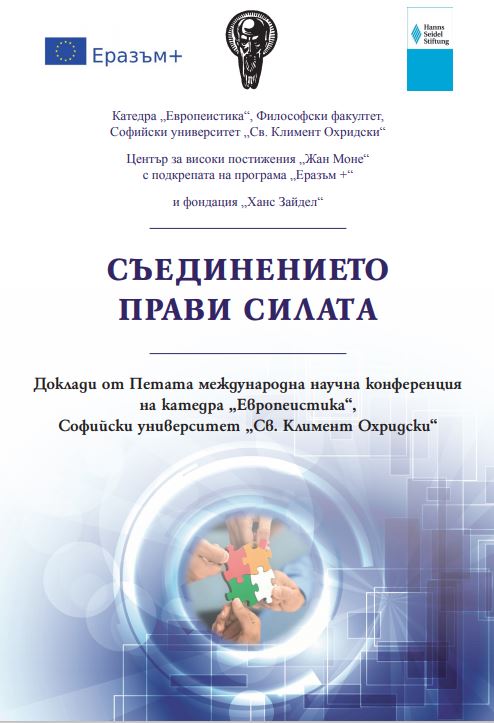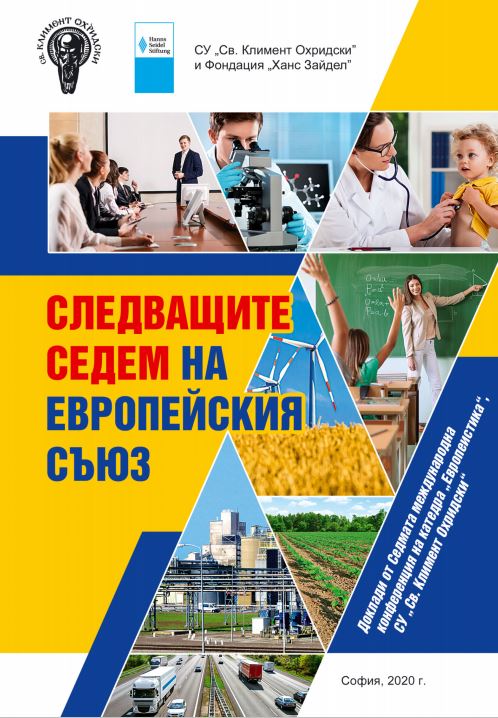
From Macedonia to Northern Macedonia: How (not) to Solve the Macedonian Name Dispute
In the early 1990’s Greece blocked the international recognition of the Republic of Macedonia under that name and is currently blocking accession of this country to NATO and EU demanding name changes which the government of Skopje refuses to adopt. The Macedonia name dispute is a clash over historical narratives and the right to claim origins of the Macedonian ethnic group and nation today and in the ancient past. For Greece, the key element is winning the argument over the legitimacy of ancient Macedon as a Greek state and not having the name Macedonia used by its northern neighbour. For the Republic, the intricacies of the ancient history are only instrumental to the recognition of the country under its constitutional name and the unblocking of the Euro-Atlantic integration. An Agreement between the governments of the two countries has been reached to “solve” the dispute. In the agreement Macedonia gives up on the name Macedonia and leaves ancient history of Macedon as a Greek patrimony. A political solution was reached with the Macedonian government essentially giving up its position in the dispute for the Euro-Atlantic integration. EU conditionality has worked in the case of Macedonia although the internal stability might have been endangered for a long period as a result.
More...
